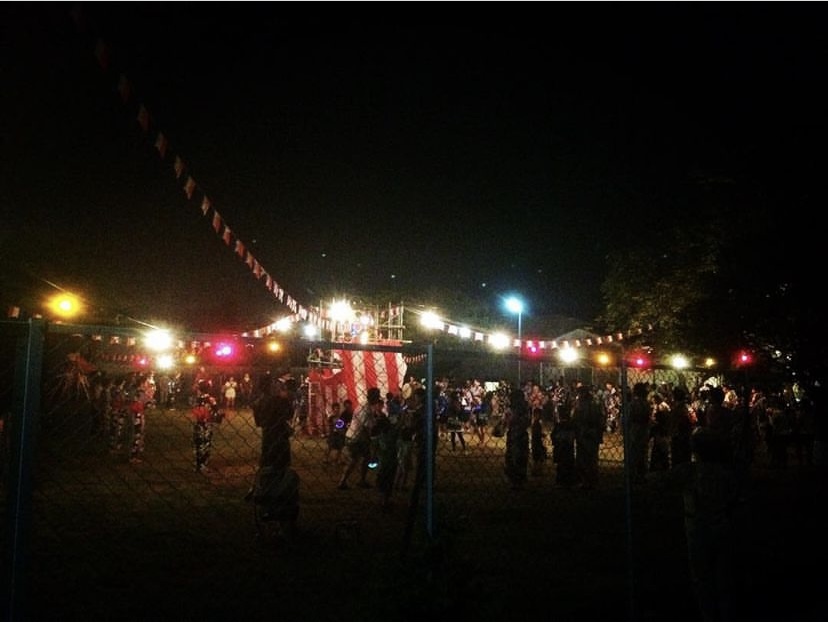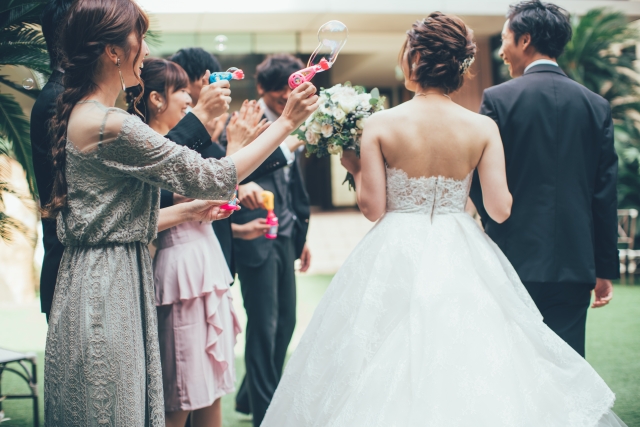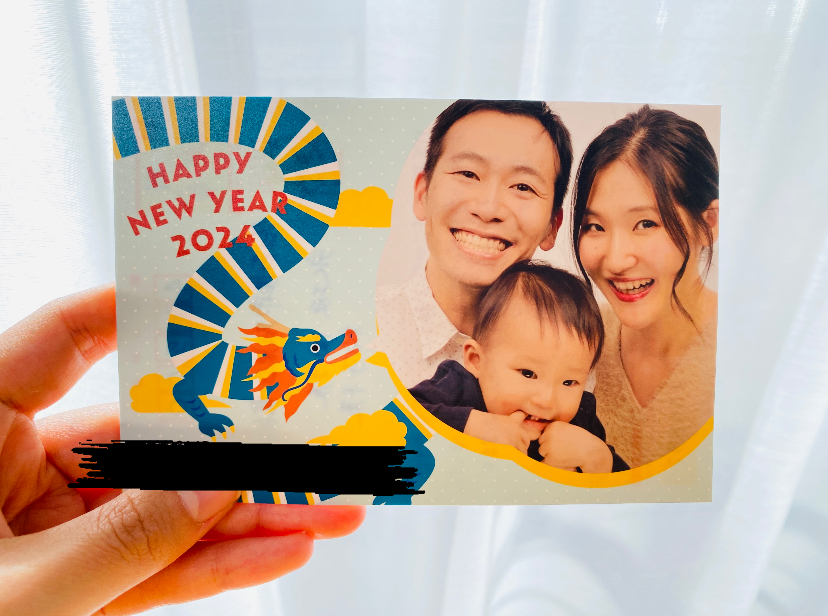How Japanese spend on New Years Eve?
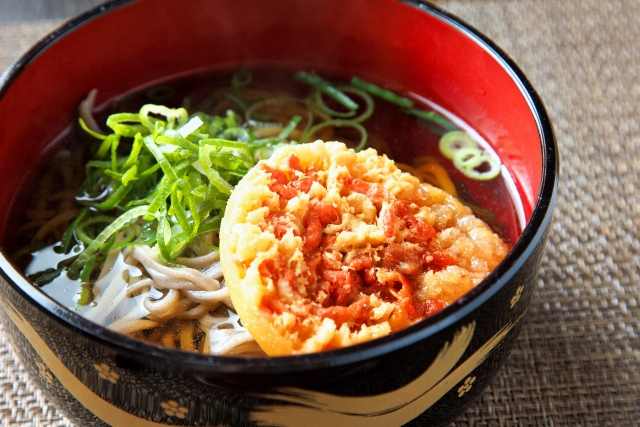
大晦日(Omisoka)is New Years Eve in Japanase langugae. There are many Japanese traditions to do in order to welcome freshy a new year, so here is the 5 lists of what local Japanese to do on New Years Eve!
年末の大掃除 / Year End Cleaning
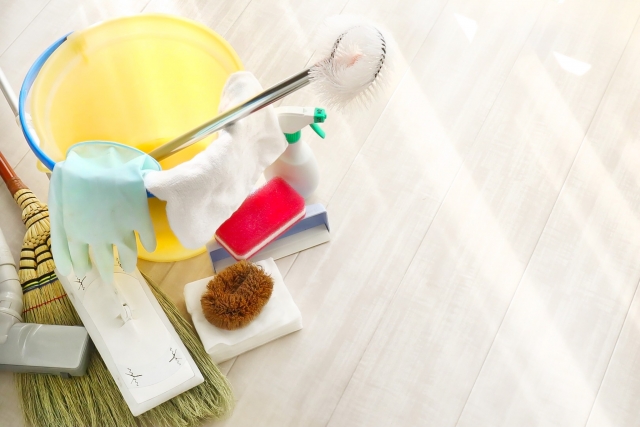
We have a cleaning tradition from the 13th to the 28th of December every year. Ideally, we should finish cleaning by the 28th of December. This cleaning tradition, known as “煤払い” (Susu barai), originated a very long time ago, around the Heian Era, which was approximately 1,000 years ago, to dust off and welcome the gods in the New Year.
It’s considered unlucky to clean on the 29th because of the belief in “二重の苦” (Niju no ku), which means “double suffering.” We should also avoid cleaning on the 31st of December as ancestors believed that the gods would leave if we cleaned on New Year’s Eve.
During the Edo era, this Susu barai was observed on the 13th of December. Therefore, you might have a chance to see “Susu barai Event” at local shrines to dust off on the 13th of December!
We normally clean areas that we cannot clean every day, such as ventilation fans, windows, and gas stoves, and we wipe the floor with a wet cloth.I personally love this Japanese tradition and feel great after cleaning the house thoroughly and preparing to welcome the new year.
Example of my cleaning to do list for Big Cleaning
- Garage – Throw away trash & cut boards
- Bathroom – Mold removal
- Toilet – Change the Toilet cover
- Kitchen – Gas Stove, Microwave, Fan and Friedge
- Living Room – Humidifier, Wiping the floor, Window
- Bedroom – Humidifier, Organize, Change the bed sheet
おせちの準備 / Osechi Preparations
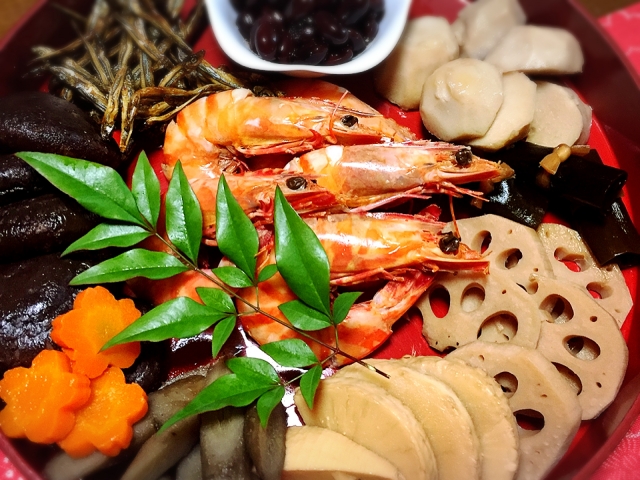
Osechi is a very special traditional cuisine that we celebrate to eat on New Years. Each dish has a different meaning, so we eat it for specific reasons and enjoy spending time with family on New Year’s Day. Since Osechi consists of many different kinds of dishes, we begin preparing them and aim to complete them by New Year’s Eve.
年越しそば / Toshikoshi Soba

We have a tradition of eating Soba (Japanese noodles) on New Year’s Eve every year. For the Japanese, we cannot cross the new year without eating Soba! We grew up eating soba every New Year’s Eve, so I didn’t even realize why we eat this.
It seems the tradition of eating Soba on New Year’s Eve originally started in the 1700s during the Edo Era. Soba, the Japanese noodle, is long and thin, symbolizing a long life. Additionally, since soba is easy to cut, we also believe in cutting away all the badness and sufferings, then welcoming the new year with refreshed feelings.
紅白歌合戦 / Red and White Singing Festival
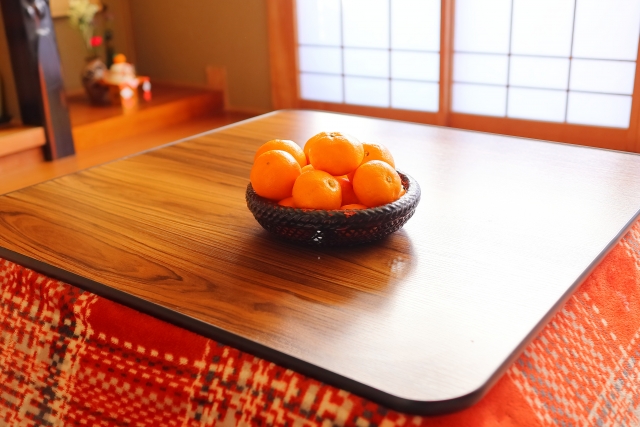
紅白歌合戦 (Kouhaku uta gassen) is a singing contest between the Red and White Teams on NHK TV. This Red and White Singing Festival originally started on January 3rd, 1951. However, it has transitioned to become a New Year’s Eve tradition over the decades. Families gather together, sit under the Kotatsu, eat mikan, and then watch the Red and White Singing Festival. We mostly spend time and relax in the house on New Years Eve!
However, younger people nowadays either don’t have a TV or prefer to watch more entertaining variety shows! My husband, Ray, grew up watching Kouhaku Uta Gassen, while I prefer watching funny variety shows. So, we sometimes compete for the TV channel.
除夜の鐘 / Joya no Kane ( Bell on buddhist temple)
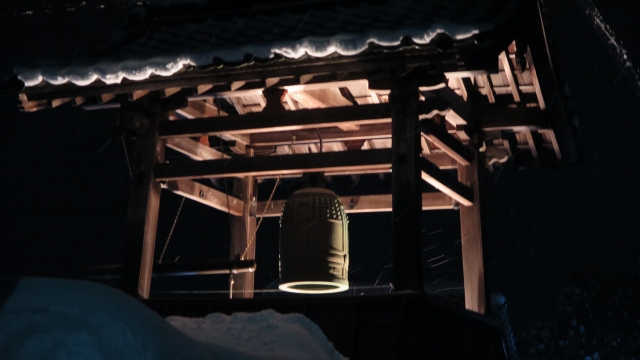
Have you ever seen those bells in a Buddhist Temple? Joya no Kane is a traditional ritual where the bell is rung a total of 108 times: 107 times from late evening on New Year’s Eve and once more as the clock strikes midnight. It’s believed that the sound of the bell cuts off our sufferings and worries. Therefore, listening to the bell’s sound helps dispel negativity and refreshes the new year.
I was so lucky to grown up listening to the bells of Joya no Kane on New Year’s Eves since the local Buddhist temple was near my parents’ house. When I hear the bell toll, it truly feels like spending time on New Year’s Eve!
Useful Japanese Sentences
Japanese conversation is very unique sometimes, and cannot translate in English perfectly. Yet, these below sentences are very common to say for New Years Greeting on written and spoken Japanese languages.

